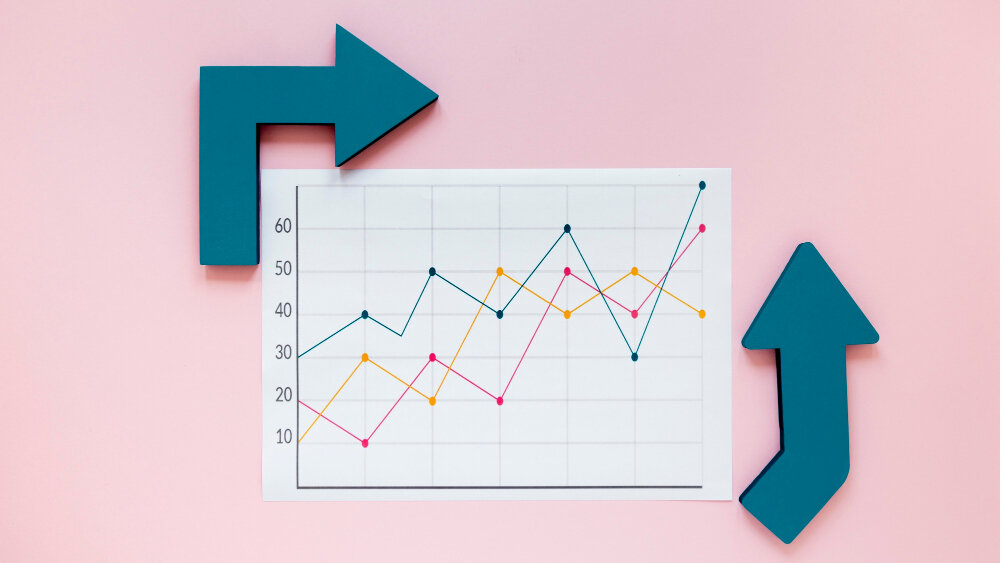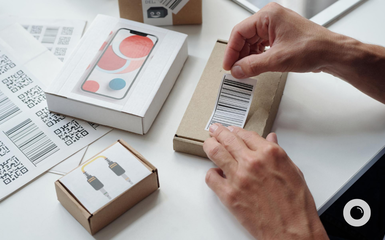The future of lead scoring in B2B marketing: trends and developments

Reading time:
minutes
The importance of lead scoring in B2B marketing is undeniable. It allows companies to identify, evaluate and prioritize potential customers, which ultimately leads to more effective sales strategies. But how is lead scoring progressing in this dynamic environment? In this final article, we take an in-depth look at upcoming trends and developments in B2B marketing lead scoring and how companies can prepare to stay competitive and succeed.
Integration of artificial intelligence (AI)
The integration of artificial intelligence (AI) into the lead scoring system is one of the most promising developments in B2B marketing. AI makes it possible to process large amounts of data efficiently and recognize complex patterns in customer behaviour. For example, by using AI, a software company can make more accurate predictions about which potential customers are most likely to become paying customers. This enables companies to better target their marketing and sales strategies and increase their turnover.
Personalization on an individual level
The future of lead scoring also lies in personalization at an individual level. Companies will increasingly aim to present their potential customers with customized offers and content that are precisely tailored to their needs and interests. One example of this is the use of data analysis to understand individual purchasing behaviour and generate personalized recommendations based on this. This allows companies to build a closer relationship with their potential customers and increase their conversion rates.
Multi-channel integration
Moving forward, the integration of lead scoring across different channels will play a crucial role. Companies will no longer rely solely on traditional channels such as email marketing, but will also use social media, chatbots and other digital platforms to reach and engage potential customers. Successful multi-channel integration requires seamless collaboration between marketing and sales teams and the use of data to create consistent and personalized experiences across all channels.
Automation and scaling
The automation and scaling of lead scoring processes is expected to continue to increase. Companies will increasingly rely on automated systems to process large amounts of data quickly and make informed decisions. Through automation, companies can increase efficiency and reduce costs while improving the quality of their leads. For example, they can use automation tools to speed up the lead qualification process and thus reduce the workload of their sales teams.
Conclusion
The future of lead scoring in B2B marketing promises a variety of exciting developments and opportunities. From the integration of AI to personalization on an individual level and the automation of processes, there are numerous opportunities for companies to optimize their marketing strategies and remain competitive. By preparing for these trends at an early stage and using innovative technologies, companies can strengthen their position in the market and ensure long-term success.




